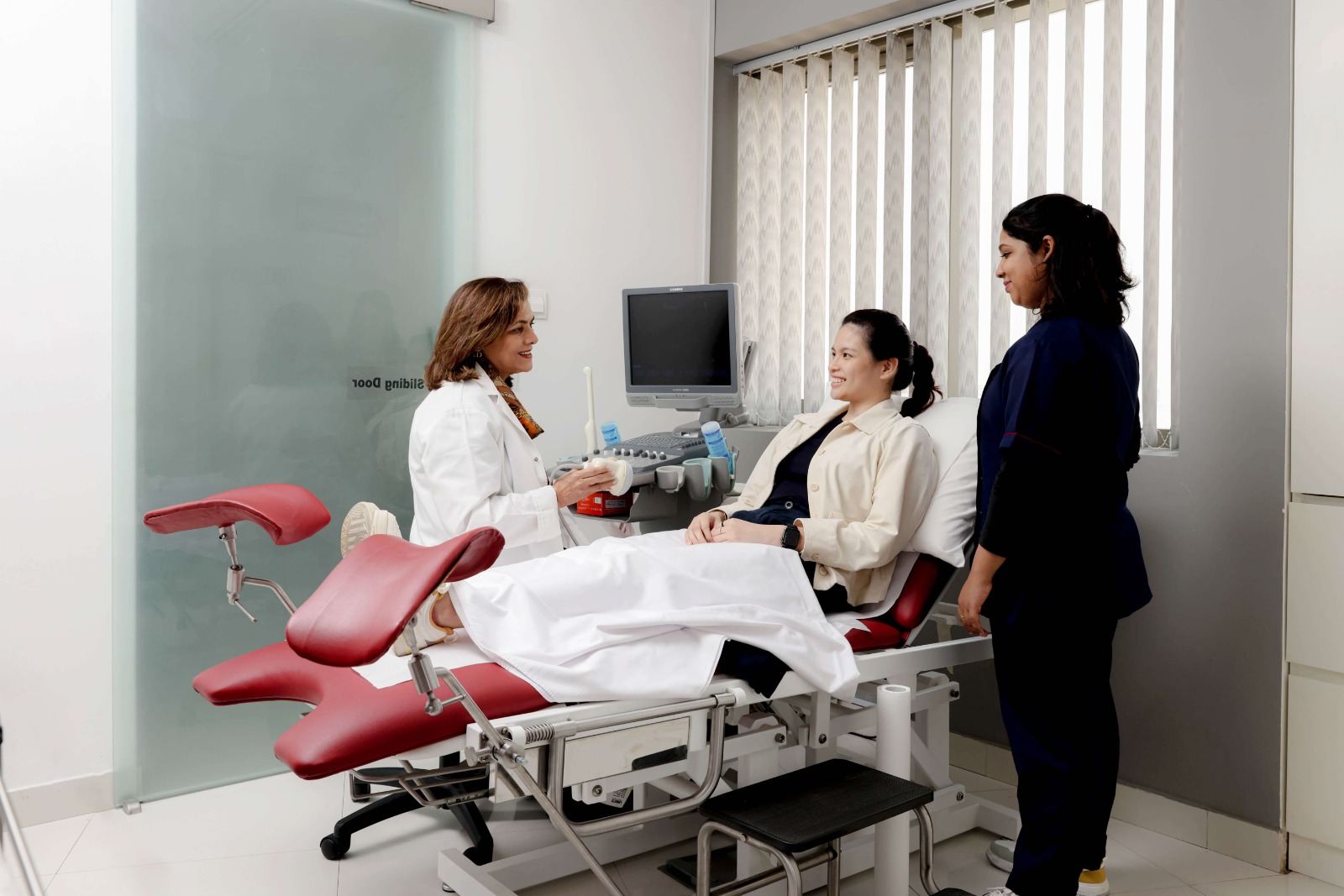Polycystic ovary syndrome (PCOS) is a common hormonal disorder that affects women of reproductive age, characterized by irregular menstrual periods, excess androgen levels, and cysts on the ovaries. PCOS can lead to various health complications, including infertility, metabolic disorders, and cardiovascular risks. Early diagnosis, appropriate treatment from a reputable PCOS doctor Dubai, and lifestyle interventions are essential for managing PCOS and reducing associated health risks.
Diagnosis:
Diagnosing PCOS typically involves a combination of medical history, physical examination, and laboratory tests. Common diagnostic criteria for PCOS include:
- Menstrual irregularities: Irregular, infrequent, or absent menstrual periods are a hallmark feature of PCOS.
- Hyperandrogenism: Elevated levels of androgens (male hormones) may manifest as acne, hirsutism (excess hair growth), or male-pattern baldness.
- Ovarian cysts: Ultrasound imaging may reveal multiple small cysts on the ovaries, although not all women with PCOS have ovarian cysts.
- Additional tests, such as blood tests to measure hormone levels (including testosterone, luteinizing hormone, follicle-stimulating hormone, and insulin), glucose tolerance tests, and lipid profiles, may be performed to assess metabolic and hormonal imbalances associated with PCOS.
Treatment:
- Lifestyle modifications: Healthy lifestyle changes, such as regular exercise, balanced diet, weight management, and stress reduction, can help improve insulin sensitivity, regulate menstrual cycles, and alleviate symptoms associated with PCOS.
- Medications: Hormonal contraceptives (birth control pills), anti-androgen medications, and insulin-sensitizing drugs (such as metformin) may be prescribed to regulate menstrual cycles, reduce androgen levels, and improve metabolic function in women with PCOS.
- Fertility treatments: Women with PCOS who experience infertility may benefit from fertility medications (such as clomiphene citrate or letrozole) to induce ovulation or assisted reproductive techniques (such as in vitro fertilization) to achieve pregnancy.
- Management of complications: Treatment for PCOS-related complications, such as infertility, hirsutism, acne, alopecia, and metabolic disorders (such as insulin resistance, dyslipidemia, and type 2 diabetes), may involve targeted interventions to address specific symptoms and improve quality of life.
Prevention:
- Maintain a healthy weight: Obesity and excess weight are risk factors for PCOS and can exacerbate symptoms. Adopting a healthy diet, engaging in regular physical activity, and achieving or maintaining a healthy weight can help prevent or manage PCOS-related metabolic disturbances.
- Balanced diet: Following a balanced diet that emphasizes whole foods, fruits, vegetables, lean proteins, and complex carbohydrates while limiting refined sugars, processed foods, and saturated fats can support hormone balance and metabolic health.



